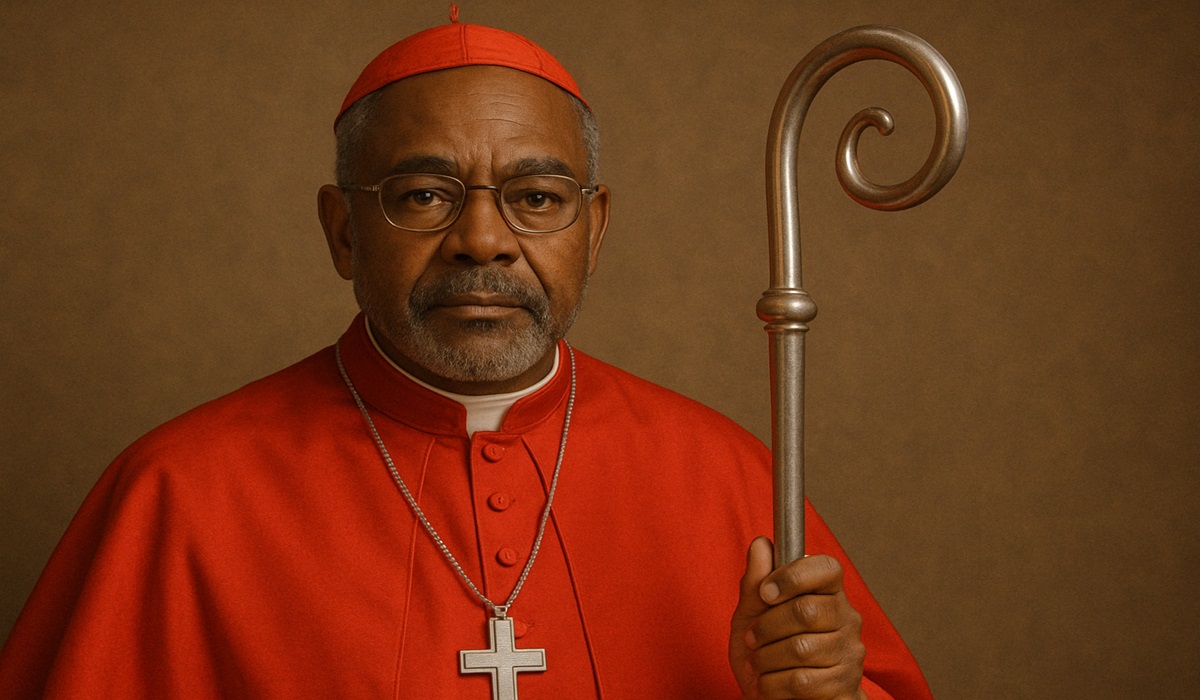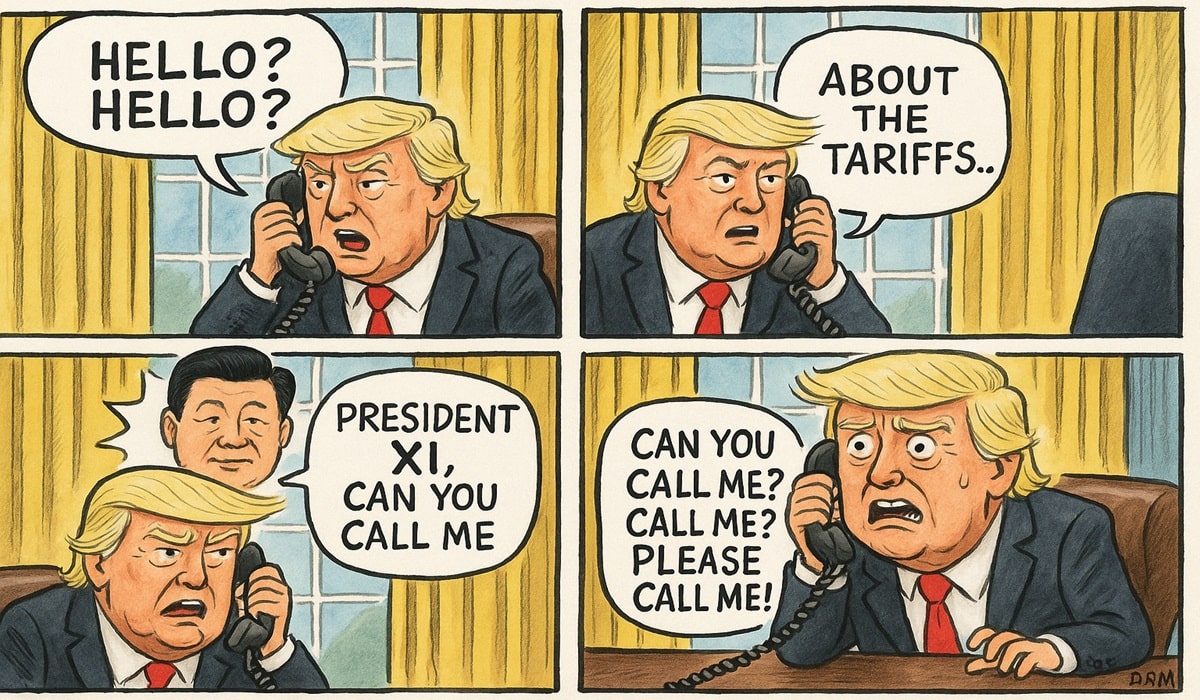Alliance of Sahel States: A New Dawn for Niger, Mali, and Burkina Faso
- Kingston Bailey
- Africa
- D.O.C Supplements - Trending News
- July 8, 2024

In a historic move over the weekend, the governments of Niger, Mali, and Burkina Faso signed a pact to establish the Alliance of Sahel States (AES). This alliance marks a significant shift in the region’s geopolitical landscape, aiming to strengthen ties among the three countries and reclaim their true independence from the lingering influence of French colonialism.
Despite gaining formal independence decades ago, Niger, Mali, and Burkina Faso have remained under substantial French influence. Previous leaders often prioritized French interests over their own nations’, facilitating the continued extraction of their rich natural resources, including uranium, gold, and manganese, with little benefit to local populations.
The AES pact signifies a unified stance against neo-colonial exploitation. By aligning more closely, Niger, Mali, and Burkina Faso are taking bold steps to regain control over their resources and economic futures. This alliance is seen by many in the region as a move towards true liberation, contrasting sharply with the perception of coups by France and other Western nations.
These three countries are among the richest in the world in terms of natural resources. However, the wealth derived from these resources has largely benefited foreign powers. France, in particular, has for decades extracted raw materials at minimal cost, refining them, and then selling the finished products back to the African nations at exorbitant prices. This system has contributed to the paradox of resource-rich countries suffering from extreme poverty.
Then there is the Economic Community of West African States (ECOWAS), which was originally intended to foster economic integration and cooperation among its member states. However, many Africans, particularly in Niger, Mali, and Burkina Faso, view ECOWAS as a tool of French neo-colonialism. The organization has often been criticized for its inability to address the economic and political challenges facing its member states and for acting in the interests of former colonial powers rather than the African people.
The decision of Niger, Mali, and Burkina Faso to exit ECOWAS is a clear signal that the organization has failed to meet its objectives. The countries believe that ECOWAS has not only been ineffective but has also served to entrench the power of neo-colonial forces in the region. By forming their own alliance, these nations are taking a stand against what they perceive as the detrimental influence of ECOWAS.
The establishment of AES comes at a time when these countries are seeking to join the BRICS (Brazil, Russia, India, China, and South Africa) coalition. BRICS represents a significant counterbalance to Western economic dominance and has been gaining traction as an alternative platform for international cooperation and economic development. For Niger, Mali, and Burkina Faso, joining BRICS could provide access to new markets, investment opportunities, and a collective bargaining power that challenges U.S. hegemony.
The AES pact and potential BRICS membership signal a broader strategy to reclaim ownership of African resources and reduce dependency on Western powers. The leaders of Niger, Mali, and Burkina Faso are advocating for a new era where African nations control their own destinies. This involves not only political independence but also economic sovereignty, ensuring that the wealth generated from their natural resources benefits their own people.
One of the significant discussions within AES is the potential establishment of a unified currency for the three countries. This move would further consolidate their economic integration and reduce reliance on the CFA franc, a currency widely seen as a tool of French economic control. A common currency could facilitate smoother trade and economic cooperation, reinforcing their collective bargaining power on the global stage.
The formation of the Alliance of Sahel States marks a pivotal moment in the history of Niger, Mali, and Burkina Faso. By forging stronger ties and seeking to join BRICS, these countries are making a bold statement about their desire for true independence and self-determination. This new alliance represents not just a regional realignment but a broader effort to dismantle the remnants of colonial exploitation and build a future where African nations are in control of their own resources and destinies.
As former French President Jacques Chirac once admitted, much of France’s wealth has been built on the exploitation of African nations. The AES pact is a decisive step towards rectifying this historical injustice and paving the way for a more equitable and self-sufficient Africa. The journey ahead will undoubtedly be challenging, but the resolve and unity displayed by Niger, Mali, and Burkina Faso provide a beacon of hope for a new era of African empowerment and independence.
The future of these nations now hinges on their ability to maintain this unity and leverage their collective strengths. By doing so, they can ensure that their people benefit directly from their natural wealth, break free from the vestiges of colonialism, and establish a robust foundation for future generations. This moment is not just a turning point for these three countries but a potential catalyst for a wider movement across the continent, inspiring other African nations to assert their sovereignty and take control of their destinies.








